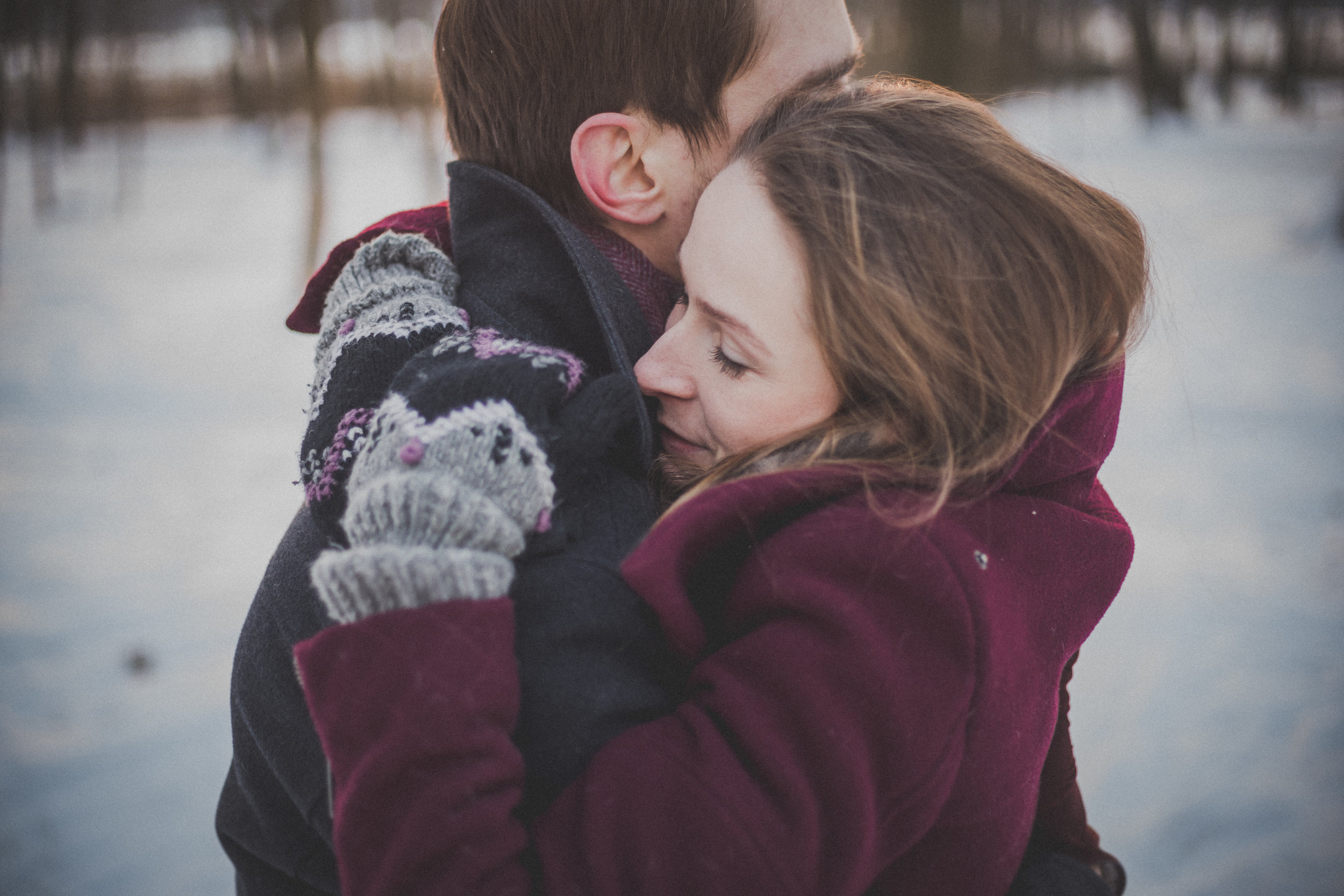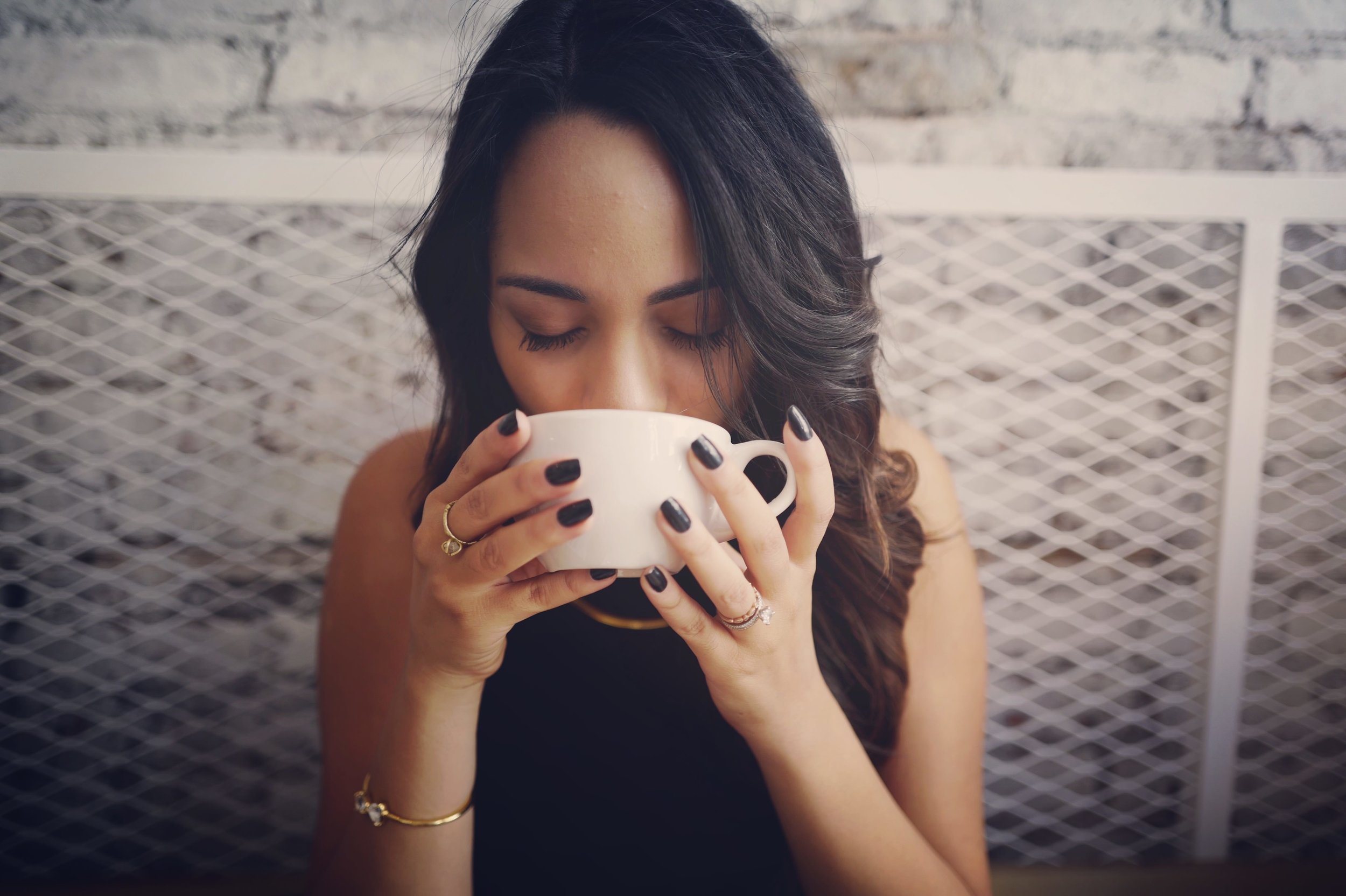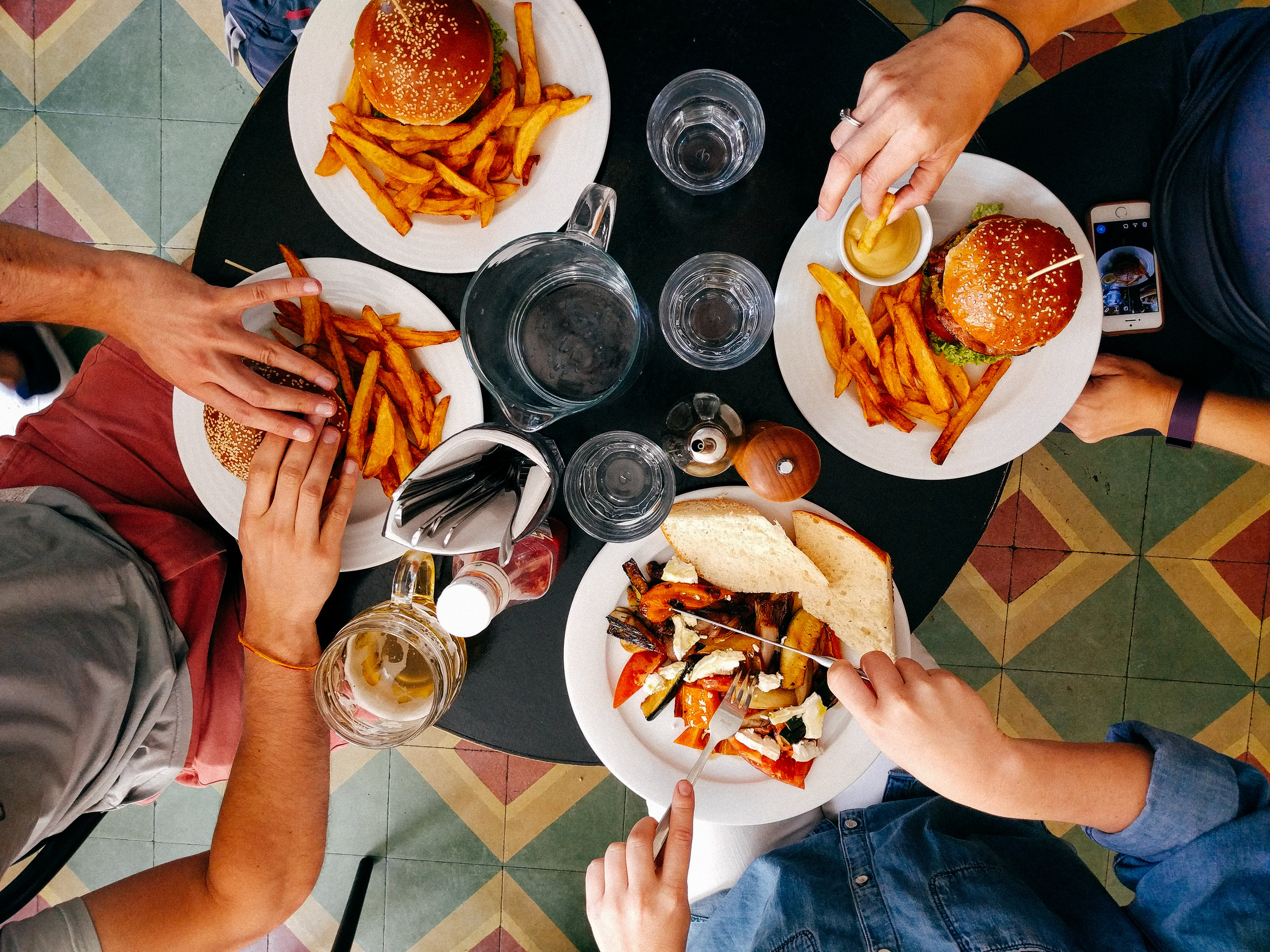There are common allergens that may contribute to anxiety and anxiety disorders. It has been suggested by several studies that dairy and particularly gluten can directly affect mental health, eliminating one or both of these has had a positive effect for some people, but this is likely to be very person specific.
Sugar is another culprit, although it does not directly affect anxiety, it does put the body in a weaker state making it more difficult to fight anxiety symptoms. For example, a study undertaken in 2008 describes rats having an imbalance in dopamine levels after bingeing on sugar which led to increased levels of anxiety seen in the rats.
Increased sugar consumption causes an impairment in thought processes, lethargy and a sick feeling which can mimic anxiety. This is why it's recommended to lay off at least high amounts of sugar when treating anxiety.
It is important to consume a healthy, balanced diet when treating anxiety, and to highlight fruits, vegetables, lean meats and whole grains over heavy and rich dairy products, sugar, meat products and caffeine.
How Can Physical Activity Contribute To The Treatment of Anxiety?
The University of Minnesota recommends those experiencing anxiety to increase their daily physical activity in order to see improvements in their anxiety symptoms. It especially recommended to try mindful activities such as yoga or qigong in order to calm the nervous system while exercising.
In addition to being one of the best stress relievers around, exercise can bring the anxiety sufferer a new level of self-confidence, self-esteem and feeling of empowerment that will contribute positively to the sufferer's condition.
It is also recommended to participate in an exercise program where you are socializing and meeting lots of new people - this added social aspect has also been connected with reduced anxiety in some cases.
Is It Possible To Cure Anxiety In Your Sleep?
Getting adequate sleep is one of the most important steps you can take for better mental health as well as general health. The University of Minnesota has found “that sleep-deprived people have a much stronger tendency to classify neutral images as “negative,” so that even everyday items can seem more menacing and contribute to anxiety.” Sleep has a direct effect on your brain, and the neurotransmitters that support mood are replenished with sleep.
You may have heard of circadian rhythms. The “Circadian clock” is how your body knows what time it is, it is controlled by specialized cells in the hypothalamus that regulates levels of melatonin and cortisol while the subject is sleeping. A study published in 2015 demonstrated correlations between circadian rhythms and anxiety and found that those with high levels of anxiety showed interruptions in sleep pattern and fluctuations in their circadian rhythm.
In order to make the best of your shut eye, and regulate your circadian rhythm, there are a few things you can do. Making sure to go to bed at a reasonable hour, getting at least 7-10 hours a night, adjusting bedroom to a cooler temperature (65F or lower), exercising and eating a healthy diet will all contribute to restful sleep that has shown to reduce symptoms of anxiety.
If you are afflicted with anxiety it can be confusing and difficult to know how to start treating it.
The truth is, is that there is a whole spectrum of treatment options available. Exercise, diet, supplements and sleep are only a few among many. Looking at anxiety from a physiological perspective will hopefully empower people take action on a complex mental illness as well as start looking at anxiety as a holistic condition that is dependant on many different factors whether they be physiological, environmental, emotional or mental.
There's no right way to begin an anxiety treatment, as long as you're starting somewhere you are on the right track.





































